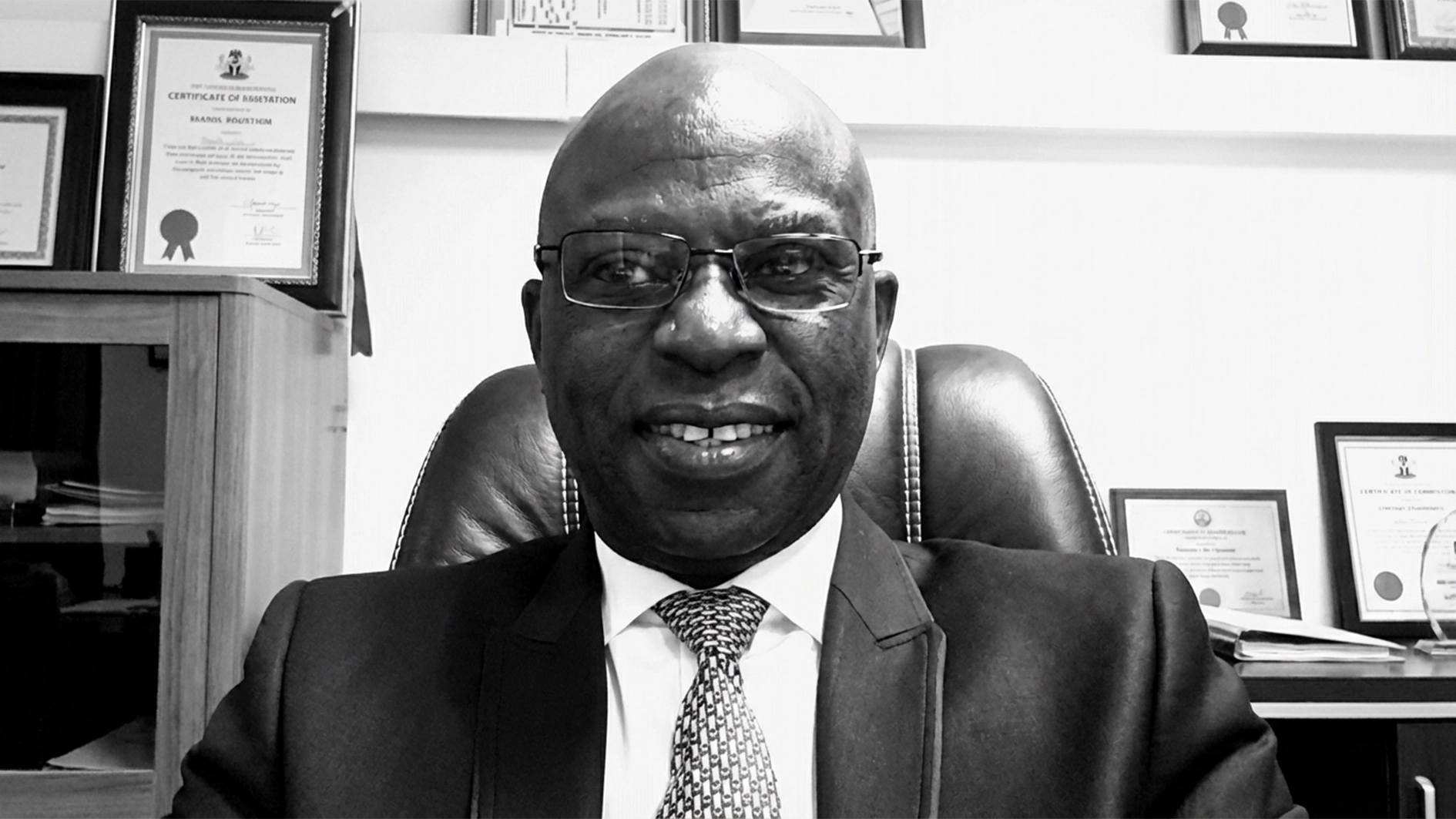
The Federal Airports Authority of Nigeria (FAAN), may have lost as much as N18.9 billion, following a 90 per cent decline in revenue in the first half (H1) of 2020.
The agency, saddled with the operations and management of 20 Federal Government-owned airports nationwide, recorded losses due to the COVID-19 induced lockdown, and currently has challenges meeting critical financial obligations.
Managing Director of FAAN, Capt. Rabiu Yadudu, at a forum with operators, said notwithstanding the financial crunch, the agency had managed to ensure that all local airports commenced domestic operations having met the requirements of the Presidential Task Force (PTF) on COVID-19.
Yadudu noted that during the lockdown, the airport managers kept the facilities running, and were involved in evacuation flight arrangements, which made them incur cost on maintenance and utilities.
“Now, plans are at an advanced stage to ensure that international airports are set for re-opening on August 29, 2020, as announced by Minister of Aviation. All these have come at a huge cost to the Authority, with little or no cash inflow.”
He lamented that with the protocols put in place in view of commencement of international operations, and guideline of not more than 1,280 international passengers daily, “mean fewer passengers and lower incomes.”
“The above automatically translates to fewer passengers and limited income even with resumption of international operations. All these are issues of great concern to the Authority, and partly what has necessitated the need for all our stakeholders to rub minds on strategies to ensure that the industry remains in operation to provide the very much needed service.”
Director of Finance and Accounts (DFA) at FAAN, Nike Aboderin, earlier declared N17.5 billion loss of aeronautical charges in 23 weeks, and another N1.4 billion loss of non-aeronautical charges from April to June 2020, compared to same periods in 2019.
Aboderin said, compared to 2019, only 8.7 per cent of FAAN’s non-aeronautical revenue charges were collected from April to June 2020. This is not unconnected with customers defaulting in payments, with increasing requests for payment suspension, deferral, and waivers due to the COVID-19 crisis.
The implication is a wipe-off of about 87 per cent of the 2020 budgeted overhead cost in six months, with up to 95 per cent decline in weekly revenues.
Some airlines, especially regional carriers had kicked against the planned Passenger Service Charge (PSC) increase, citing the timing in the COVID-19 era as a bad time with the inherent disenchantment of passengers to fly due to the COVI-19, and the strenuous protocols in place for air travel.
Explaining the increment, Aboderin said not only has FAAN not increased PSC since 2011, the current rate does not correlate with realities of cost-related inflation, that is, 12.82 per cent CBN inflation rate.
According to her, until late 2019, FAAN was still collecting the naira equivalent of PSC at an official rate of N306.50 – N344.38 to $1 despite airlines collecting subsisting market rates of around N362 to $1 from passengers.
Yadudu also offered justifications for the PSC rise. He said: “We seem to be the outcast in the aviation family. I see where airlines increase their charges and no one raises an eyebrow, but when FAAN does, everyone starts talking about how it affects the market and business, forgetting that the passenger charge is borne by passengers and not the airline. Timing is relative; there is no such thing as a good or bad time for this rise in PSC.”






